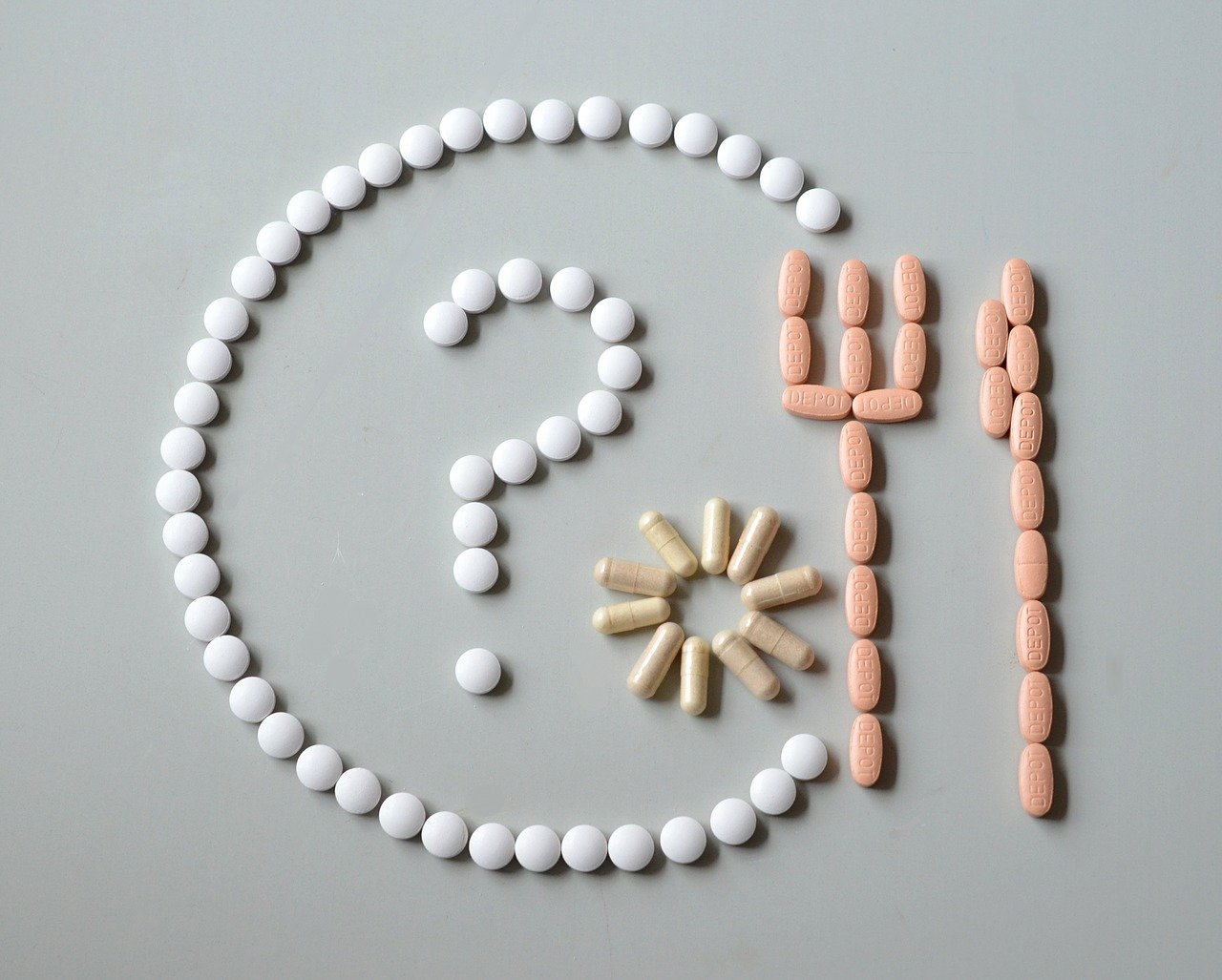
5 Nutrients that May Be Missing From Your Diet
The chances are good that you actually are in need of more than just the nutrients we’ll be discussing today. Most adults don’t get the nutrients they need. You can correct that issue by following the instructions we discuss for each of the nutrients below.
But first, it is important to remember that nowadays, there are lots of different ways to boost your health besides from nutritional supplements. For example, whereas some people like to use supplements similar to those described below, others prefer to take a more natural or herbal approach to their health. For instance, in recent years, cannabis-infused products like dry herbs have soared in popularity. These herbs can be used in cooking, in beauty products, or even in a vaporizer.
Furthermore, there is a lot of research out there to suggest that cannabis can have a positive impact on your mind and body – you can learn more about the potential health-boosting benefits of cannabis by doing some research online. For now though, let’s share some useful information about a few of the most popular dietary supplements.
Vitamin A
Vitamins do quite a bit for our bodies, and each one does a different thing. This one, in particular, is good for your eyes, as well as for other things like your immune system and your genes.
It comes in a couple of different forms – carotenoids, which is a sort of raw material your body turns into vitamin A, and retinol, that’s already ready for your body to use. When you aren’t getting enough vitamins in your diet, you can always take supplements to get what you need. For this vitamin, you can add things like carrots, pumpkin, cantaloupe, broccoli, and sweet potatoes to your diet to get more of what you need.
Calcium
Your bones need calcium to grow strong, and so do the heart and your other muscles. If you suffer from lactose intolerance, you may struggle to get enough calcium. That’s a bad thing because you actually need more of it the older you get.
If you’re under the age of 50, you’re good with about 1,000 mg on a daily basis. However, if you’re over the age of 50, you need about 1,200 mg each day. It’s a good thing you can get this amount with around three servings of dairy in your everyday diet. However, if you’re lacking, you can also get it from things like seeds, nuts, and dark green veggies.
Fiber
Fiber is an essential nutrient because it aids in managing levels of blood sugar, lowers cholesterol, and assists in the prevention of constipation. It also helps us to feel more full, and can be found in foods that tend to be lower in calories, so it can be essential when it comes to managing weight.
Men up to the age of 50 need about 38 grams and over the age of 50 about 30 grams each day. Women need 25 grams if they’re 50 or under and 21 grams if they’re over 50. You can easily get this amount by ensuring you have veggies and fruits along with whole grains high in fiber at each meal. You should also consider having beans a few times each week.
Potassium
Did you know that potassium is actually present in each cell in your body? It has a key role to play when it comes to maintaining fluid balances, nerves, and muscles. It also helps to build strong bones and is necessary for the production of energy. We need about 4,7000 mg of potassium on a daily basis.
If you find that you aren’t getting enough of this powerful nutrient, try consuming foods like kidney beans, sweet potatoes, orange juice, and cantaloupe.
Folic Acid
If you have a chance of becoming pregnant, this one’s especially important. It’s the synthetic type of a B vitamin that’s known as folate and it can assist your baby in fighting against neural tube defects as well as cleft palate and/or lip in the first month of gestation. You can get it from breakfast cereals, enriched bread, spinach, orange juice, and enriched spaghetti.
As mentioned above, if you’re having trouble getting any of these nutrients from your diet, you always have the option of taking supplements to get what you need. They’re easy to find and you might be surprised at how much better you feel once you’re getting enough of each of the nutrients you need.
Infographic Provided By Boston Analytical- Restaurant Germs: Improving Cleaning Practices For Commonly Contaminated Surfaces - April 15, 2024
- Fabulous Baby Shower Ideas to Try Soon - May 16, 2023
- Raw Manuka Honey Auckland New Zealand - March 10, 2023


